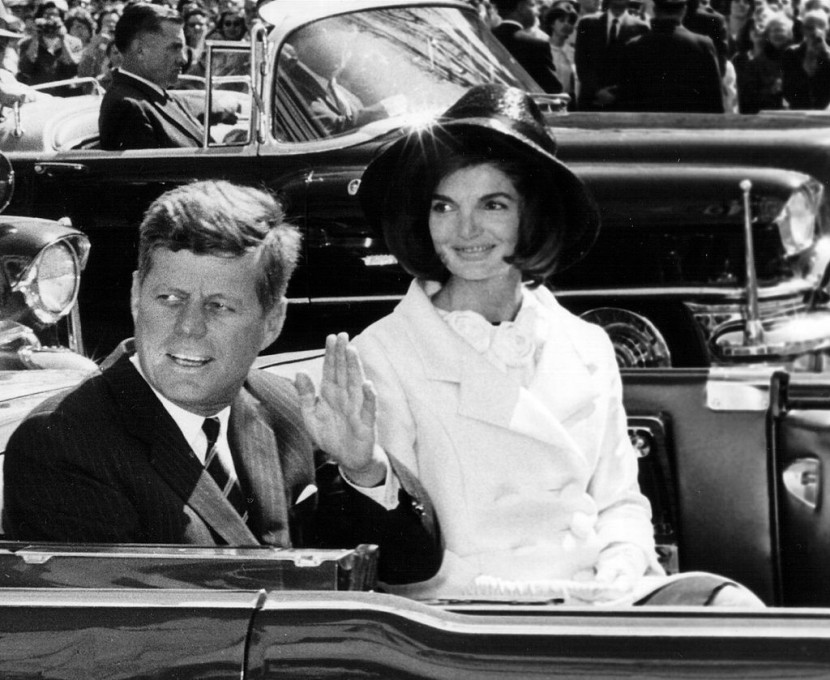
The National Archives on Thursday declassified thousands of files gathered for a federal investigation into the 1963 assassination of President John F. Kennedy.
As President Joe Biden ordered last year, when the White House delayed a public release because of the COVID-19 outbreak, a trove of over 13,000 papers relating to the killing of John F. Kennedy was dumped.
In a statement, the White House remarked that the JFK assassination "continues to reverberate in American history and in the memory of so many Americans who were alive on that dreadful day."
The Biden administration also acknowledged that it is important for the United States government to practice maximum openness in the matter by making public all JFK assassination documents unless there are compelling grounds to withhold some information, according to a CNN report.
In his memo, President Biden gave the National Archives and other government agencies until May 2023 to evaluate any remaining confidential materials. Following the period, any material kept from public discussion that agencies do not propose for a prolonged deferral will be revealed by June 30, 2023.
The Warren Commission, a 1964 US investigation, concluded that Lee Harvey Oswald, a US citizen who had previously resided in the Soviet Union, assassinated Kennedy alone.
Two days after his arrest, he was shot down in the Dallas police department's basement.
After decades of conspiracy theories, the CIA confirmed Thursday that it "never engaged" Oswald and did not conceal facts from US investigators, per the BBC.
CIA Allegedly Hides Majority of the JFK Assassination Info
Many JFK researchers and theorists have been waiting for this next release of the other JFK assassination documents in the hopes that it may clarify Oswald's actions in Mexico City in October 1963, when he met a Soviet KGB official.
According to the CIA's most recent statement, "there is no new material on this issue in the 2022 release," meaning that the agency has already disclosed what it knows about his trip to Mexico City.
The Mary Ferrell Foundation, a nonprofit that sued the government to get access to the papers, claimed that the CIA was concealing details concerning Oswald's time spent in Mexico. According to the foundation, certain CIA files were never turned into the archives and are thus not included in the most recent release.
These documents include new details on Lee Harvey Oswald, the alleged shooter, and his stay in Mexico City.
However, the government reports that 4,300 files are still partially redacted, with no records being blacked out; experts claim there is no rationale for withholding this information to preserve national security or intelligence collection.
Still No Justification After 59 Years
Judge John H. Tunheim, who chaired the Assassination Records Review Board from 1994-98, established under the President John F. Kennedy Assassination Records Collection Act of 1992, remarked that "59 years after President John Kennedy was killed and there's just no justification for this."
JFK assassination documents were mandated for release under the JFK records act. However, President Trump put off the release of all information until it was up to President Biden to decide in 2021, and Biden once again pushed out the release of all data until Thursday of that year, per NBC News.
Trump and Biden released some of the JFK assassination documents, but scholars are particularly interested in the official communications with Oswald, which remain hidden.
As Biden explained in a memorandum, the Public Records Act allows the further delay of the release of confidential information "only when postponement remains necessary to protect against an identifiable harm to the military defense, intelligence operations, law enforcement, or the conduct of foreign relations that is of such gravity that it outweighs the public interest in disclosure."
© 2026 HNGN, All rights reserved. Do not reproduce without permission.








